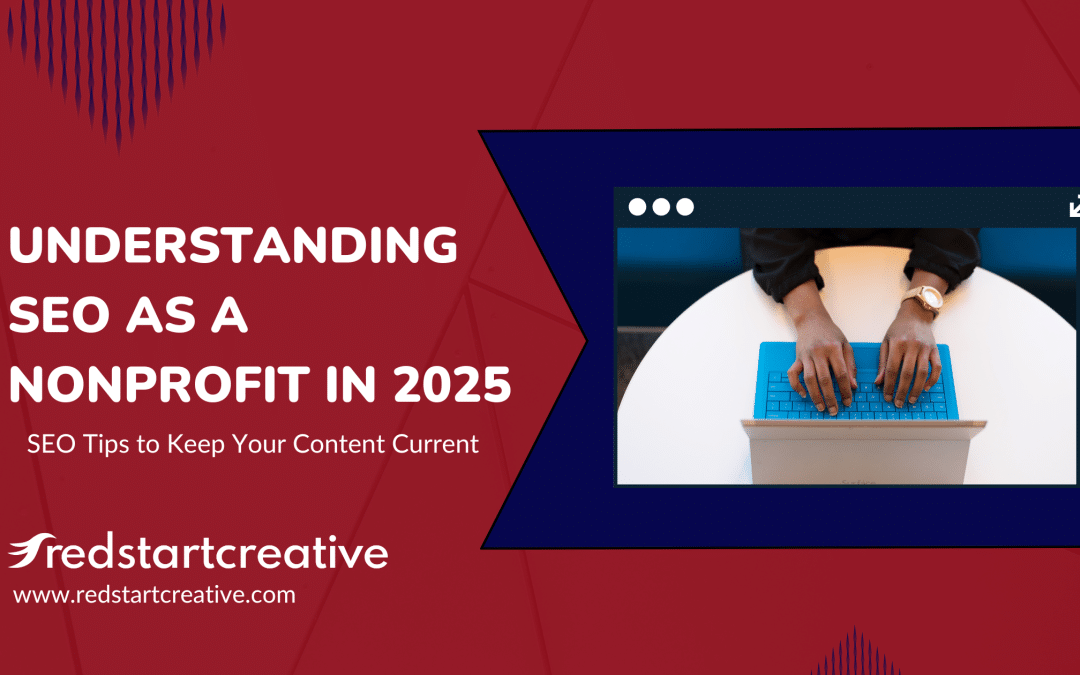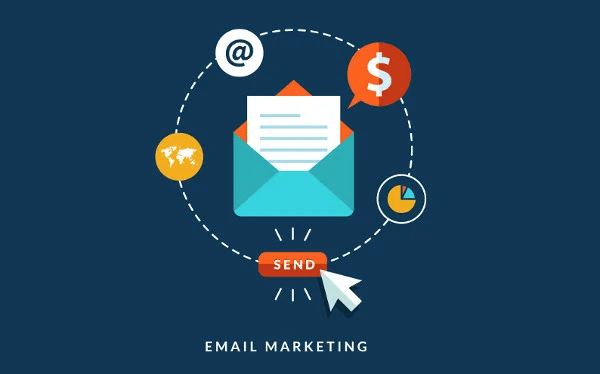Creating a professional website for your nonprofit organization is a crucial step towards
amplifying your mission and engaging a wider audience. However, navigating the complexities
of web development can be challenging. At Redstart Creative, we understand the unique needs
of nonprofits and are here to guide you through the process. Here are seven questions to ask
your web developer to ensure your website is both impactful and effective.
1. What is Your Experience with Nonprofit Websites?
Nonprofits have specific needs that differ from commercial businesses. It’s important to work
with a developer who understands these nuances. Ask for examples of previous nonprofit
websites they have designed and developed. This will give you insight into their ability to create
a site that resonates with your target audience and supports your mission. For example, our
collaboration with Maryland Forestry Foundation (MDFF) showcases our experience in creating
user-friendly, dynamic websites for nonprofits. Learn more about our work with MDFF here.
2. How Will You Ensure Our Website is User-Friendly?
User experience (UX) is key to keeping visitors engaged and encouraging them to take action.
Inquire about their approach to UX design. A professional developer should conduct user
research, create user personas, and design with accessibility in mind. They should demonstrate
how they will make your website easy to navigate, visually appealing, and accessible to all
users, including those with disabilities. At Redstart, our design phase refines aesthetics and
functionality to meet these needs. View our services here.
3. Can You Integrate Our Website with Donor Management and Fundraising Tools?
A nonprofit’s website often serves as a hub for fundraising and donor engagement. Ensure your
developer can seamlessly integrate your website with your existing donor management
systems, email marketing platforms, and fundraising tools. This integration is crucial for
streamlining operations and maximizing donations. Our custom functionality suite includes
forms, event calendars, and secure payment gateways to support your fundraising efforts.
4. What SEO Strategies Will You Implement?
Search Engine Optimization (SEO) is essential for increasing your website’s visibility and
attracting organic traffic. Ask your developer about their SEO strategies, including keyword
research, on-page optimization, and link-building. These strategies are critical components of
effective SEO:
- Keyword Research: This involves identifying the words and phrases that potential
supporters are using to search for information related to your nonprofit’s mission. By
understanding and utilizing these keywords, you can create content that aligns with what
your audience is looking for, making it easier for them to find your site. - On-Page Optimization: This refers to optimizing individual web pages to rank higher
and earn more relevant traffic in search engines. It includes optimizing title tags, meta
descriptions, headers, and content with relevant keywords. On-page optimization
ensures that search engines understand your content and can match it with relevant
search queries. - Link-Building: This strategy involves acquiring hyperlinks from other websites to your
own. Quality backlinks from reputable sites act as endorsements for your content,
helping to boost your site’s authority and improve its search engine rankings. Effective
link-building can drive more traffic to your website and increase its credibility.
A well-optimized website will rank higher on search engines, making it easier for potential
supporters to find you. For more information, see Google’s guide on SEO.
5. How Will You Ensure Our Website is Mobile-Friendly?
With the majority of users accessing websites via mobile devices, a responsive design is
non-negotiable. Your developer should prioritize a mobile-first approach, ensuring your site
looks and functions flawlessly on smartphones and tablets. Our websites are designed to be
responsive and user-friendly across all devices.
6. What is Your Plan for Website Security?
Security is paramount, especially when handling sensitive information such as donor details.
Discuss the security measures your developer will implement, including SSL certificates, secure
payment gateways, and regular security updates. These measures are critical for protecting
your organization and building trust with your visitors:
- SSL Certificates: SSL (Secure Sockets Layer) certificates encrypt the data transmitted
between a user’s browser and your website, ensuring that sensitive information such as
donor details and payment information is protected from interception by malicious actors.
SSL is essential as browsers like Google Chrome flag non-secure sites, which can deter
potential supporters from engaging with your website. For more information, see
Hubspot’s Beginner’s Guide to SSL. - Secure Payment Gateways: Secure payment gateways facilitate safe online
transactions by encrypting payment details and ensuring that the payment process
meets stringent security standards. This is crucial for nonprofits that rely on online
donations, as it protects donor information and minimizes the risk of fraud. - Regular Security Updates: Regular updates to your website’s software and security
protocols are vital for protecting against new vulnerabilities and cyber threats. Keeping
your website’s software up to date helps to patch security holes and maintain the
integrity of your site.
A secure website builds trust with your visitors and protects your organization from potential
threats. Implementing these security measures will ensure that your website is a safe and
reliable platform for your supporters.
7. What Post-Launch Support Do You Offer?
Launching your website is just the beginning. Ongoing support and maintenance are crucial for
keeping your site updated and running smoothly. Clarify what post-launch services your agency
offers, such as regular backups, updates, troubleshooting, and performance monitoring. At
Redstart, we provide comprehensive post-launch support to ensure your website continues to
serve your mission effectively.
Invest in Your Success
Building a professional website for your nonprofit is a significant investment in your mission’s
future. By asking these seven questions, you can ensure you partner with a web developer who
understands your needs and can deliver a site that drives engagement, donations, and
awareness. At Redstart, our meticulous and collaborative web design process is tailored to
extend the typical lifespan of a website from 3-5 years to 7-10 years. This approach minimizes
the need for major redesigns, allowing your organization to focus on its mission.
About Redstart Creative
Redstart Creative is a certified woman-owned digital marketing agency specializing in helping
nonprofit organizations and small businesses amplify their impact through strategic branding,
web development, and marketing solutions. With a deep understanding of the unique
challenges nonprofits face, we are committed to providing creative and effective solutions to
help you achieve your mission. Visit us at redstartcreative.com to learn more about our services
and how we can support your cause.



